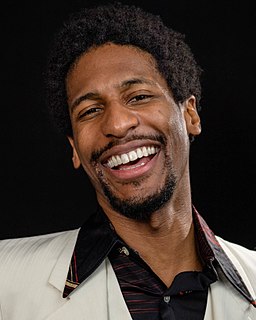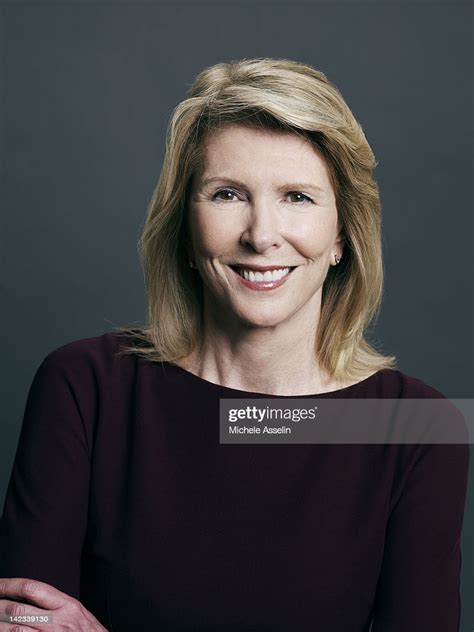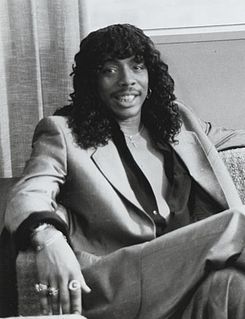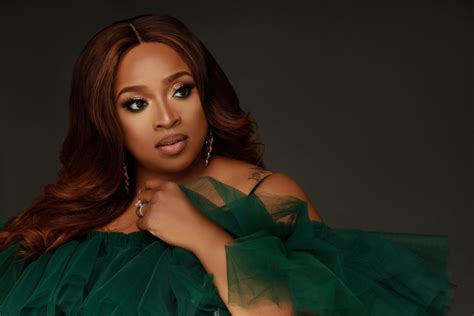A Quote by Annaleigh Ashford
I'm really excited to share cabaret, the art form, not just with the generations that are above me, but also my generation and the generation under me. I think it's an art form that's incredibly important, and I think that my generation is a little unfamiliar with it.
Related Quotes
I always want to be doing both to travel as a teacher and lecturer, and to be a musician. I think in this generation institutionalizing the art form and spreading it to the younger generation through education is really important for all artists to have some hand in. Right now in popular culture and the mainstream, it's not a big part at all. I think education by young artists talking to young people, not just older people talking to young people, it gives an experience never felt before. I think over the years it will do a lot for the music.
It must be understood that prime matter, and form as well, is neither generated nor corrupted, because every generation is from something to something. Now that from which generation proceeds is matter, and that to which it proceeds is form. So that, if matter or form were generated, there would be a matter for matter and a form for form, endlessly. Whence, there is generation only of the composite, properly speaking.
My generation those who were students in the late 60s was always, in the words of the Who, talking about our generation. That's what we thought of ourselves, as the most important thing since sliced bread. And the "we" that we meant was really the Western Europeans and American generation. And as I think back I suppose I have a sense of guilt on behalf of my generation, a sense that we were terribly provincial and didn't understand the really important stuff that was going on in Eastern Europe.
My generation was going to change the direction America took. I was completely convinced that we would have a very different kind of society as a result of the protests that I was part of, and I think that's partially true. We obviously never really got to what many of my generation believed was possible, but the amount of change I've seen in my lifetime, both social change and political change, is staggering. I think my generation can take a little bit of credit for that by just opening up the conversation.
Each generation is tough! I'm still learning my generation. The desire to connect has to be present and evident. My generation thrives off of transparency and we can see through inauthenticity. On the contrary, we cling to what is real and genuine. While tradition and customs are important in their place, it's also important to be able to meet people where they are and speak their language a little bit. If this isn't done, you'll have a very difficult time connecting with young people.




































